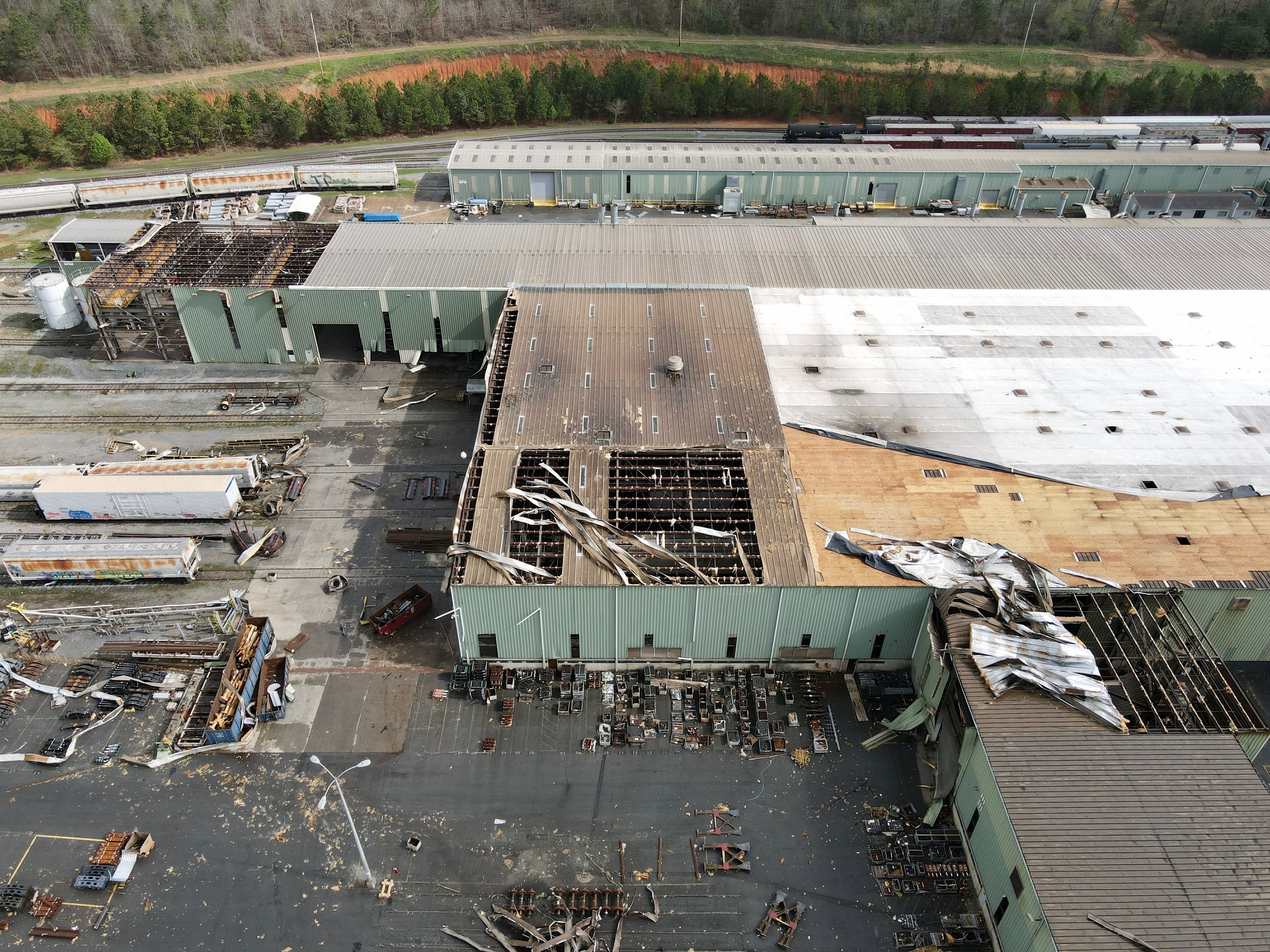Industrial commercial real estate (ICRE) is a specialized sector within the broader commercial real estate market, focusing on properties used for industrial purposes. These properties are integral to supply chain and manufacturing ecosystems, supporting various industries by playing a vital part in the economy. In this blog, we'll explore the types of industrial properties, their uses, and the factors that make this sector unique and vital.
Types of Industrial Properties
- Warehouses: Warehouses are large spaces designed for the storage and distribution of goods. They can range from simple storage facilities to advanced distribution centers with automated systems. Warehouses are essential for e-commerce, retail, and manufacturing industries.
- Manufacturing Buildings: These buildings are designed for the production of goods and materials. They can be subdivided into heavy manufacturing, which involves sophisticated machinery and high power usage, and light manufacturing, which typically involves a lower power need and less heavy-duty equipment.
- Flex Spaces: Flex spaces are properties with versatile configurations that can be used for a variety of purposes, including office space, manufacturing, and warehousing. They typically offer a greater office-to-warehouse ratio than standard warehousing buildings and can provide flexibility for businesses that require a combination of office and industrial uses.
- Research and Development (R&D) Facilities: R&D facilities are specialized spaces designed for innovation and product development. They often include laboratories, clean rooms, offices, and light manufacturing areas. Typically these properties are fully air conditioned with heavy power available.
- Cold Storage: These facilities are equipped with refrigeration systems to store perishable goods. They are critical for the food industry, pharmaceuticals, and other sectors that require temperature-controlled environments.
Uses of Industrial Properties
Industrial properties serve a wide range of functions that are essential for various industries:
- Storage and Distribution: Warehouses and distribution centers store goods and facilitate their movement to retailers and consumers. This is especially important in the e-commerce sector, where timely delivery is crucial.
- Manufacturing: Manufacturing buildings are where products are made, assembled, and prepared for distribution. They are the backbone of the production process for countless goods.
- Research and Development: R&D facilities are where innovation happens. Companies use these spaces to develop new products, enhance current offerings, and remain competitive in their industries.
- Cold Storage: Cold storage facilities ensure that perishable goods are kept at the right temperature to prevent spoilage and maintain quality.
Key Factors in Industrial Commercial Real Estate
Several factors make industrial commercial real estate unique and important:
- Location: Proximity to transportation hubs, such as highways, ports, and railroads, is crucial for industrial properties. This ensures efficient movement of goods and reduces transportation costs.
- Zoning and Regulations: Industrial properties must comply with local zoning laws and environmental regulations. These rules can influence the kinds of activities that are allowed on the premises and determine if it is suitable for certain purposes.
- Infrastructure: Access to reliable utilities, such as electricity, water, and telecommunications, is essential for industrial properties. Additionally, features like loading docks, ceiling height, and ample parking are important considerations.
- Economic Trends: Industrial real estate is influenced by broader economic trends, including globalization, technological advancements, and changes in consumer behavior. For instance, the surge in e-commerce has notably heightened the need for warehouse space.
- Sustainability: Increasingly there is a focus on sustainable practices in industrial real estate. This includes energy-efficient buildings, sustainable materials, and environmentally friendly operations.
Conclusion
Industrial commercial real estate is a dynamic and essential sector that supports a wide range of industries. From warehouses to manufacturing plants and R&D facilities, these properties are crucial for the storage, production, and distribution of goods. Understanding the types, uses, and unique factors of industrial properties can help businesses make informed decisions and optimize their operations. As the economy and technology progress, the industrial real estate sector will continue to have a crucial role in meeting the future's demands.
Who is Keyser?
Keyser is a nationally recognized, full-service commercial real estate brokerage firm that exclusively represents tenants. Named by USA Today as “The Commercial Real Estate Disruptor,” Keyser provides its clients with a turnkey, big-picture approach to commercial real estate strategy. In addition to brokerage services such as portfolio management, leasing, disposing, site selection, workplace strategy, project management, and more, Keyser offers its clients a uniquely conflict-free experience.






